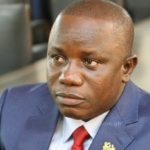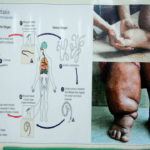
African health advocates are calling for a complete rethink of how Neglected Tropical Diseases (NTDs) are portrayed in the media, insisting that persistent narratives of helplessness and suffering are harming rather than helping the fight against these conditions. At the launch of the 4th REMAPSEN Media Forum, speakers challenged journalists to shift away from pity-driven storytelling and instead highlight hope, dignity and the real progress being recorded across the continent.
“Stop framing NTDs as hopeless and full of suffering,” that is the call from Julius Omokhunu, Senior Media Officer for Inclusion at Sightsavers, who opened the call for a new narrative direction. He said African journalists wield significant influence in shaping public attitudes toward NTDs and combating stigma against affected individuals. “The media in Africa has a huge role to play in addressing stigma. Tell the stories of people with dignity and respect. When we use images that show pity, we risk excluding people,” he explained, adding that success stories must be treated as critical evidence of impact. “Positive stories are not PR; they are proof that policies and investments are working.”

This bold call set the tone for the 4th Edition of the REMAPSEN Media Forum, launched under the theme “From Neglect to Spotlight: Advancing Africa’s Agenda for NTDs Elimination.” Supported by Speak Up Africa, Sightsavers, WHO Benin, Fondation Raoul Follereau, CSIH-WCA and other partners, the forum brought together over 100 journalists committed to elevating the visibility of NTDs across Africa.
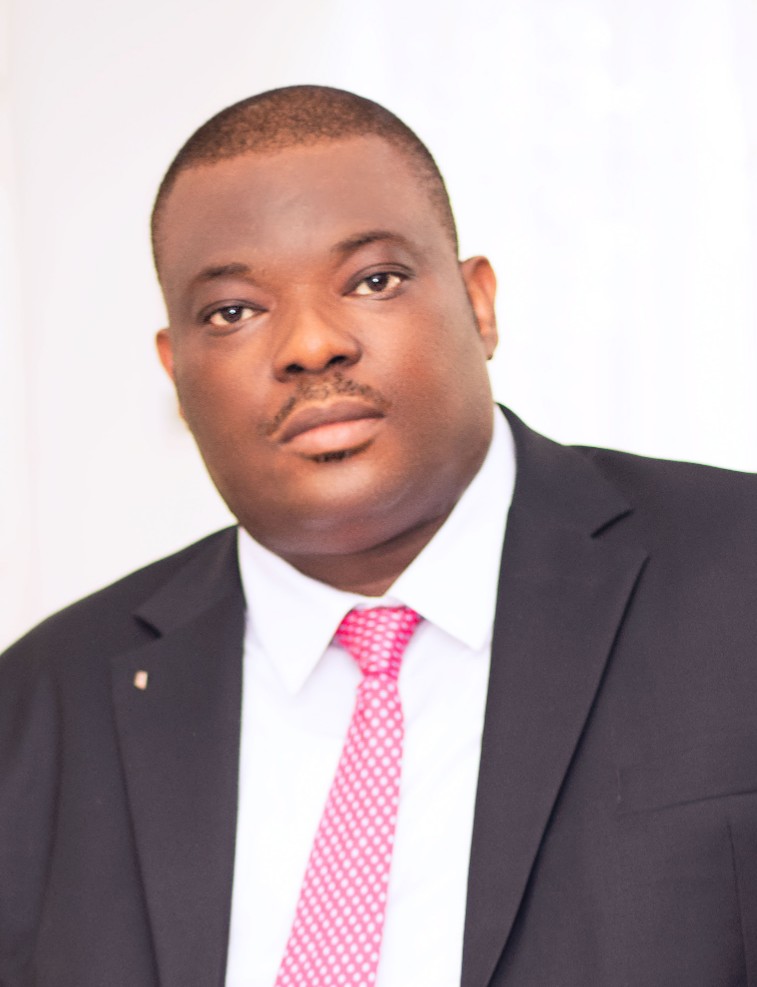
Public-health expert Dr. Christian Johnson underscored the responsibility of the media to keep NTDs high on public and policy agendas. “The role of the media when it comes to NTDs is to generate public debate,” he said. “We need journalists to share the results of the research being conducted on these diseases. The goal is simple; zero transmission, zero stigma.”
On behalf of civil society, Fatou Ndow, Programme Manager at the Civil Society Institute for Health in West and Central Africa (CSIH-WCA), highlighted the importance of deeper collaboration between media and civil-society groups. She noted that CSOs collect powerful narratives directly from affected communities, especially in rural areas, but these stories often fail to reach wider audiences without strategic media engagement.
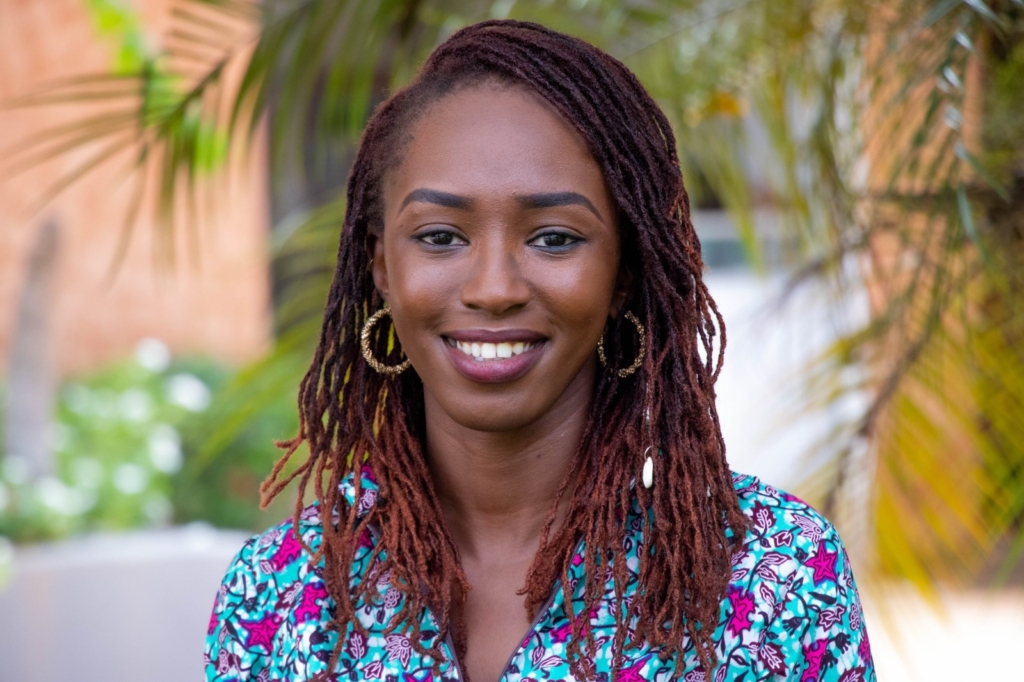
“We need the media to better translate our work. Translating compelling narratives is key to shifting public perception,” she said. “Media partnerships are essential to amplifying the work of civil society. We must work on more structured engagement so that the populations most affected are truly heard.”
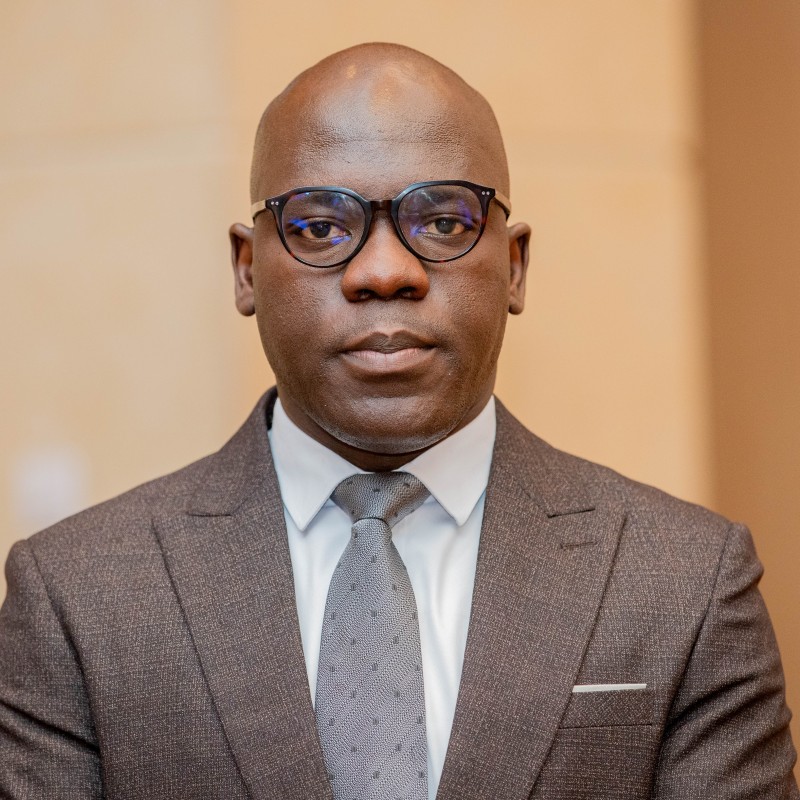
Representing strategic partner Speak Up Africa, Frantz Okey, Regional Advisor, emphasised that NTD elimination requires unified action across sectors, with strong alliances serving as the backbone of resource mobilisation and advocacy. “All actors need to be mobilised,” he said, emphasising the importance of creating strong partnerships that drive the agenda forward.
With Africa pushing toward a future free from NTDs, the REMAPSEN Media Forum affirmed that the path to elimination depends not just on medical interventions but on powerful storytelling that commands attention, challenges stigma, and keeps political commitment alive. As the continent leans toward the vision of zero transmission and zero stigma, journalists are being called to reshape narratives, not out of charity, but out of accuracy, dignity and the urgent need to reflect Africa’s progress.


